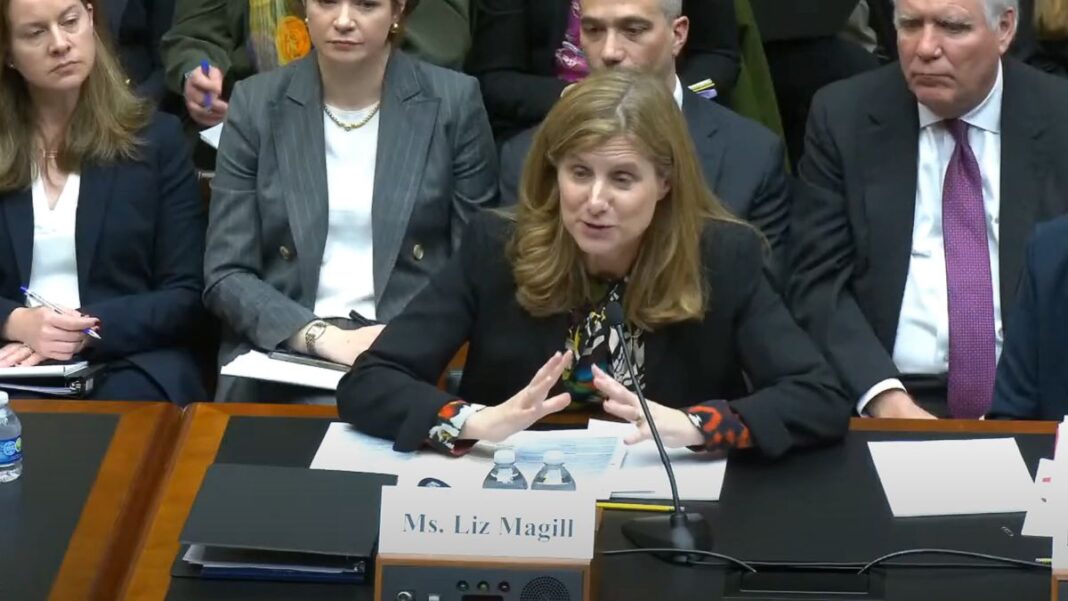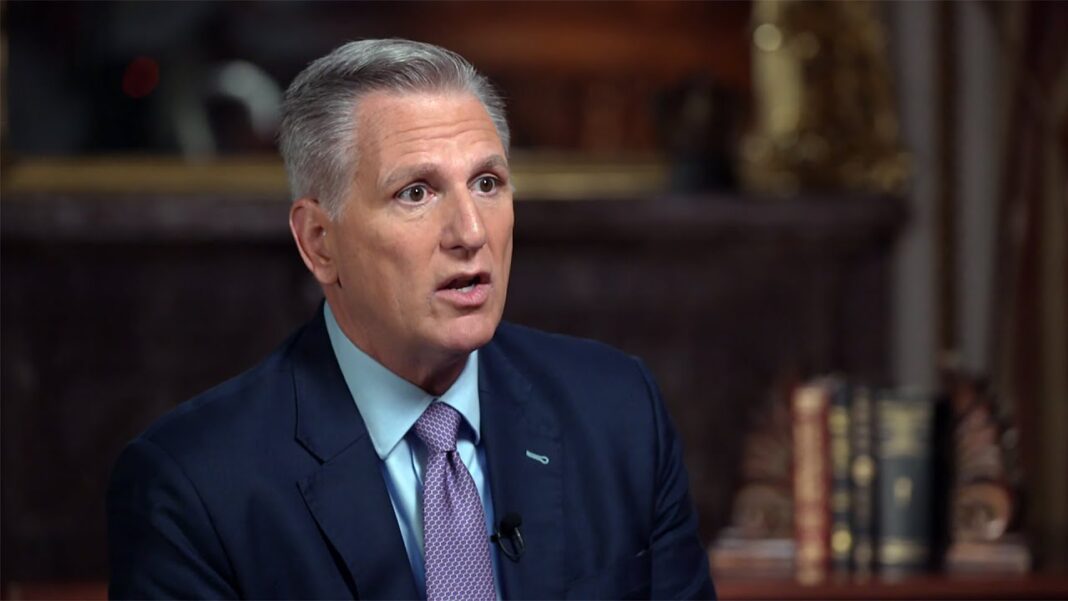Concealed Carry Improvement Act will likely be ultimately decided by the U.S. Supreme Court.
Both sides are claiming victory after a federal appeals court upheld some parts of New York State’s Concealed Carry Improvement Act (CCIA) but struck down others.
The U.S. Court of Appeals for the Second Circuit combined four cases from lower courts as they overlapped one another. The court overruled three of the lower court rulings while upholding others in the decision released on Dec. 8.
The court struck down a CCIA ban on gun possession on private property unless the property owner posted signs allowing guns or the gun owner had express permission. The court lifted a gun possession ban at places of worship.
The court also shot down a requirement for concealed carry permit applicants to reveal their social media accounts to the government.
The judges noted that the ruling is probably only one step in the legal battle over New York’s law, which many expect to reach the Supreme Court.
“Our affirmance or vacatur of the district court’s injunctions does not determine the ultimate constitutionality of the challenged CCIA provisions,” a note at the end of the decision reads.
New York’s Attorney General, Letitia James, released a statement claiming vindication of the law and vowing to continue upholding New York’s gun control statutes.
“Today’s decision to permit the state to enforce critical provisions of the Concealed Carry Improvement Act as the court process moves forward will help keep New Yorkers safe,” Ms. James’ statement reads.
“My office will continue to defend New York’s gun laws and use every tool to protect New Yorkers from senseless gun violence.”
The court upheld the requirement to demonstrate good moral character and to disclose household and family members on a permit application. The decision also preserves the right of private property owners, including places of worship, to prohibit guns.
The decision kept the ban on concealed carry in so-called “sensitive places,” except for places of worship. Requirements for an interview, character references, and 16 hours of training were also upheld.






